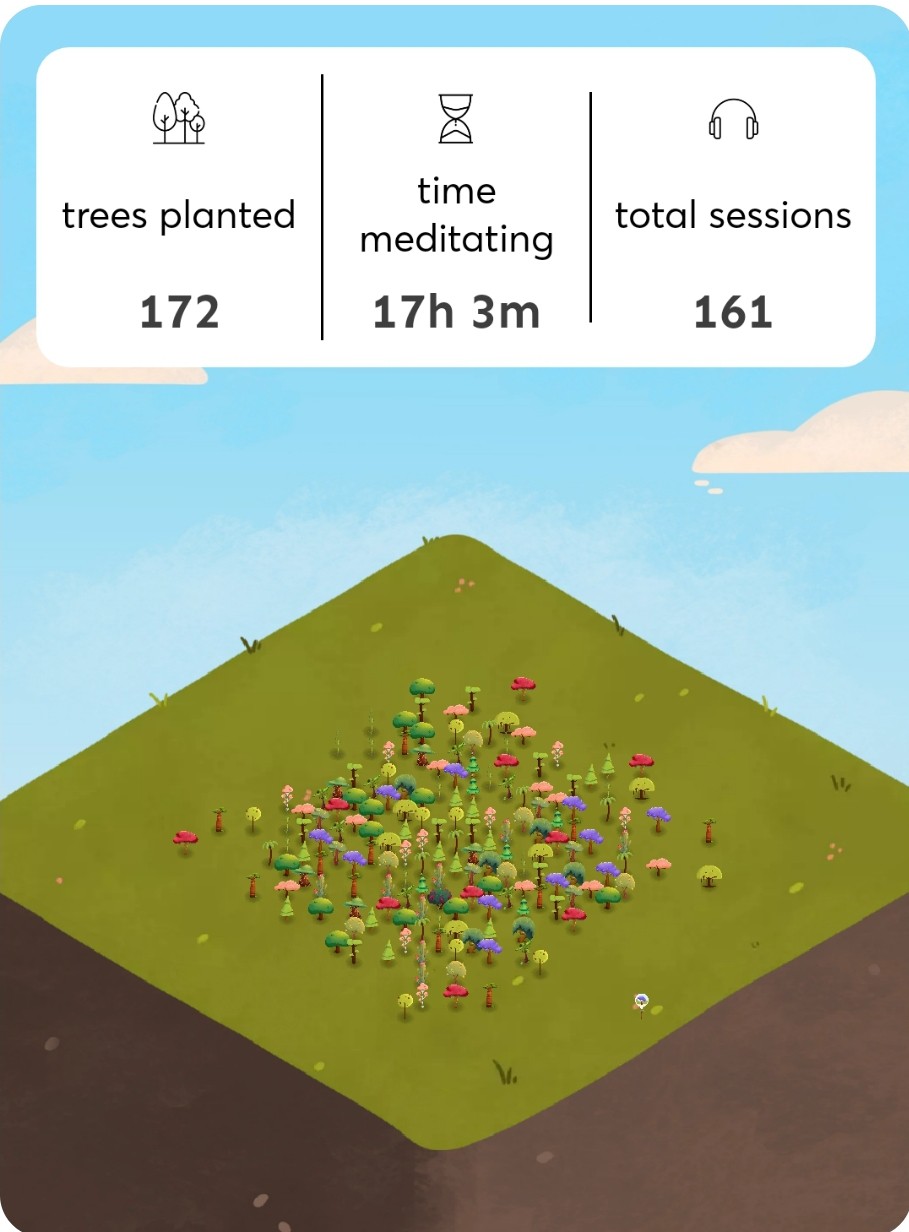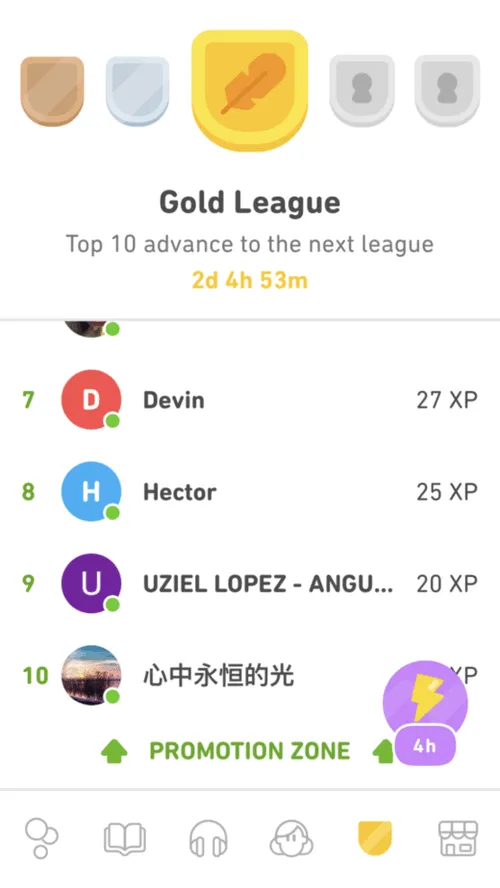Points are almost always the first element introduced when thinking about gamification.
Used almost everywhere, they are the most popular way of showcasing the player's progress on the path of gamification.
While very useful, we should not limit ourselves to the points themselves only.
Instead of jumping forward into the implementation of other gamification features, let's stop for a moment and understand better what points are for actually.
The inner work of points
Points are nothing else than a representation of user progress. Users need to see that the actions they take have a direct and immediate impact on their score (reward mechanism). They are the simplest way of doing this, but not the only one.
Another important aspect of this point is "value representation". Through relative score, players can strategize and optimize their actions towards the quickest path to the reward.
Progress and value representation are also often used together with social validation through leaderboards, rankings, and leagues.
Balancing progression curve
One of the popular topics in gamification is how to balance the player's progression to keep him entertained, and keep the task difficult enough, but also rewarding enough. My quick advice on it is as follows: it is not always needed. It all depends on the internal motivation the user is having. In the video game industry, in simple trivia games, these elements are trivial, because the player has no other sense of purpose in the game. But, if your game or app gives the user a good sense of purpose - either through narration or through external factors - then difficulty progression is really something we can treat as optional.
Are points mandatory?
It seems like points play an important role in successful gamification, but it doesn't mean that we have found the silver bullet that will work everywhere. Points can be easily replaced because they are just a way of progress measure.
If your application can show users' progress in another way, points become optional. I strongly encourage you to "think outside of the box" and allow yourself to design a gamification system where points are either secondary or non-existent.
"Legend of Zelda: Breath of The Wild" has been nominated for Game of The Year and considered a pretender to "Best Game of All Time", while it has no points system!

Obviously, you gather gear that over time becomes better, you also can slightly update some of your base skills... and over time you acquire more "hearts", which makes you stronger. Not to mention being able to accumulate and sell stuff gathered from the map. But points? They are not there. You can't even "lose". Game over will just restart the game from the last autosave, without any extra penalty.
Sometimes points are there, but they are completely secondary. Some games use points just as a "fun fact" rather than anything that holds value, and progression comes from map exploration or other game advancement.
What about gamified apps/websites? Should we use points?
Gamified apps usually have a simplified gamification interface, usually because the main product is just something else. Say, a sports apparel company that sells running shoes, can't really introduce UX elements that will navigate outside of the CTA/purchase.
Yet still, we can see a few interesting examples.
Atom - meditation for beginners - each time you meditate, a new tree grows on your land. Over time you can be a proud owner of a large forest! No points are needed, when you can share a beautiful screenshot of your forest with your colleagues.

Duolingo - leaderboards, streaks, and leagues are used as a way of providing player progression state.

Can points do more harm than good?
I believe so. In certain cases, when there is a strong internal motivation to do something, but the app tries to replace it with some 'unnecessary' gamification, users may actually lose the original interest. A good example here is "Peta" mobile app. People participate in organized peta activities through their own will and need to help end animals suffering. Why then, there are points for sending emails with a petition?

Summary
I hope, I managed to showcase how vast is the topic of player engagement motivation, how important and abundant points are, and explain a few cases where points can actually be replaced by something else. Points are measurable virtual rewards, but you shouldn't think that they are enough to succeed in the world of gamification. I believe that gamification needs to be tailored to the end user, his needs, his motivations, mental and emotional state.
Good end-user research is the key to launching a successful gamification campaign.